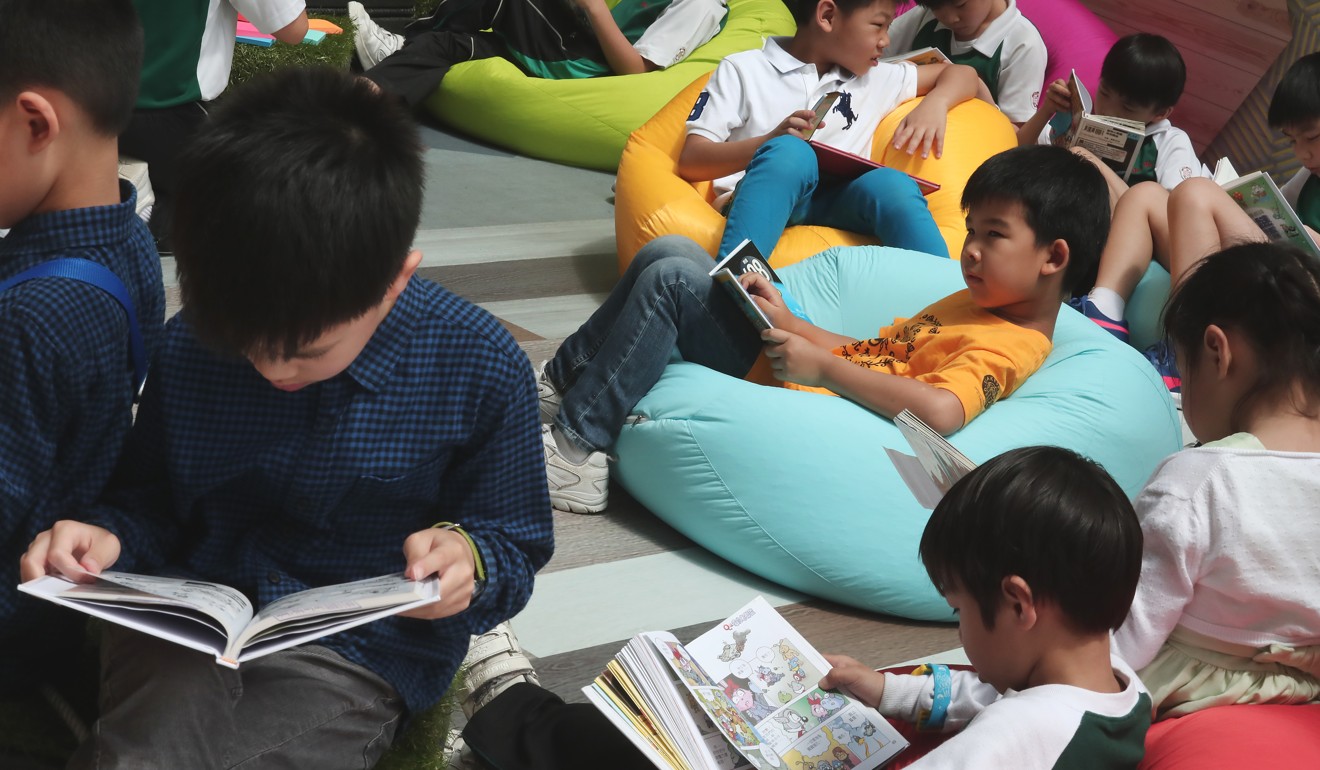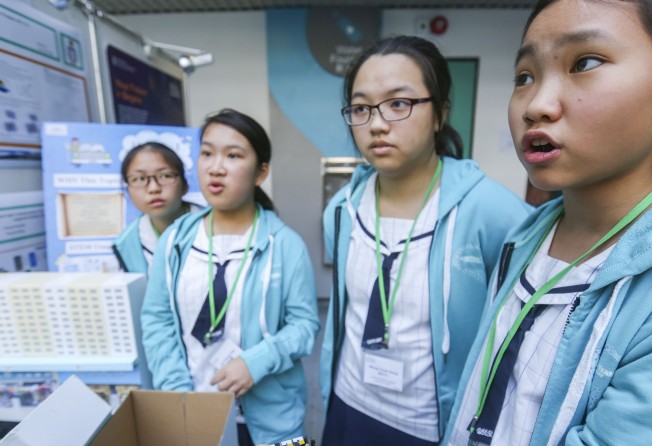
Channel STEM education in Hong Kong to nurture a generation of change-makers, not test-takers

The local government and non-profit organisations are trying to enhance education, especially STEM (science, technology, engineering, and mathematics) education, for children. However, progress appears to be slow. I believe promotion of STEM education can be made more effective by altering delivery approaches.
One problem with Hong Kong’s education system is that our students lack the incentive for self-driven learning. We were built on a tradition of assessments as a form of meritocracy. Over time, this has moulded Hong Kong students into test-takers instead of people genuinely curious about the world.
Hong Kong children topped the 2011 Progress in International Reading Literacy Study among 49 countries and regions but ranked last in reading for pleasure outside the school curriculum.

Some may argue that if Hong Kong is so academically competent, self-learning may not be a big problem.
Only through being able to make use of information well can Hong Kong students gain a competitive edge
However, the ever-shifting landscape of our learning and working environments require application, not just academic competence.
While today data is just a click away, our youngsters are not given insight into how to receive and manipulate such resources. As children spend an excessive amount of time on their smartphones, they may fall prey to internet fraud. Only through being able to make use of information well can Hong Kong students gain a competitive edge.
I propose that the government delve deeper into the backbone of our education system – its curriculum. For example, when carrying out STEM-related activities in the classroom, students should not only observe and use equipment, but understand their mechanics and be able to identify their applications in daily life. This will give students a long-term understanding of what they have learned.
Furthermore, I suggest the government allow innovation not only in extracurricular competitions, but also in the local syllabus. After all, students spend most of their time in the classroom – if creativity and innovation is not encouraged there, they will not have the time to innovate elsewhere, causing them to soon lose this ability when they get older. Creativity is essential in tackling some of the most pressing issues of our world.
We should be raising a generation of change-makers instead of test-takers.
Wong Lok Lam, Pok Fu Lam